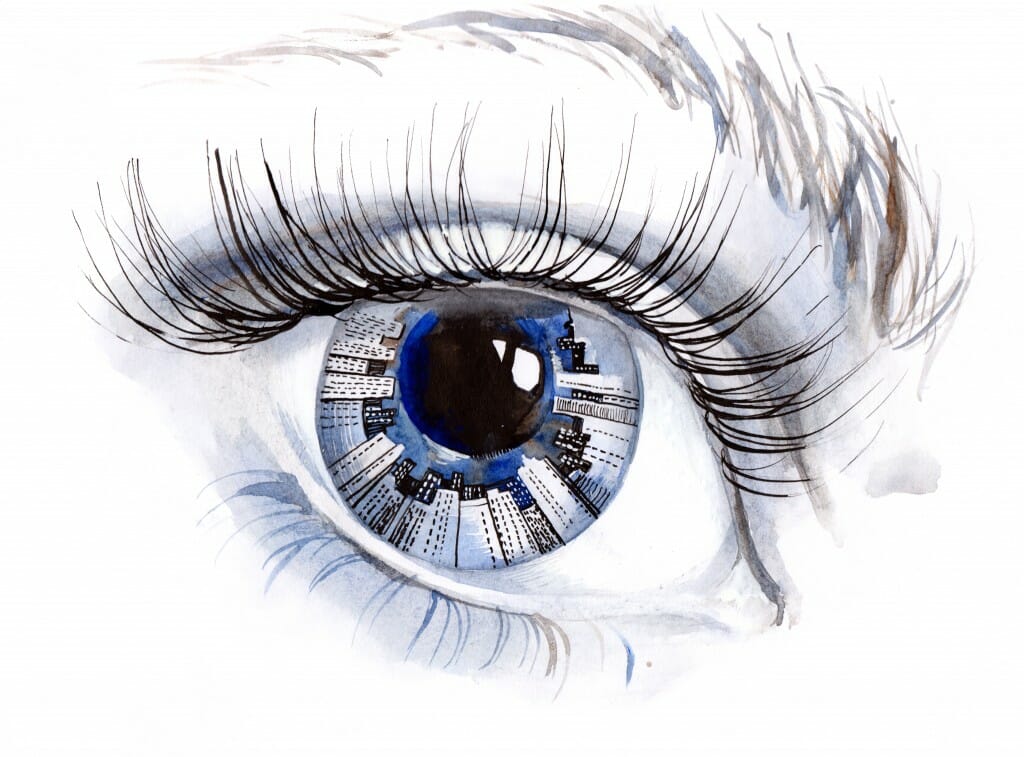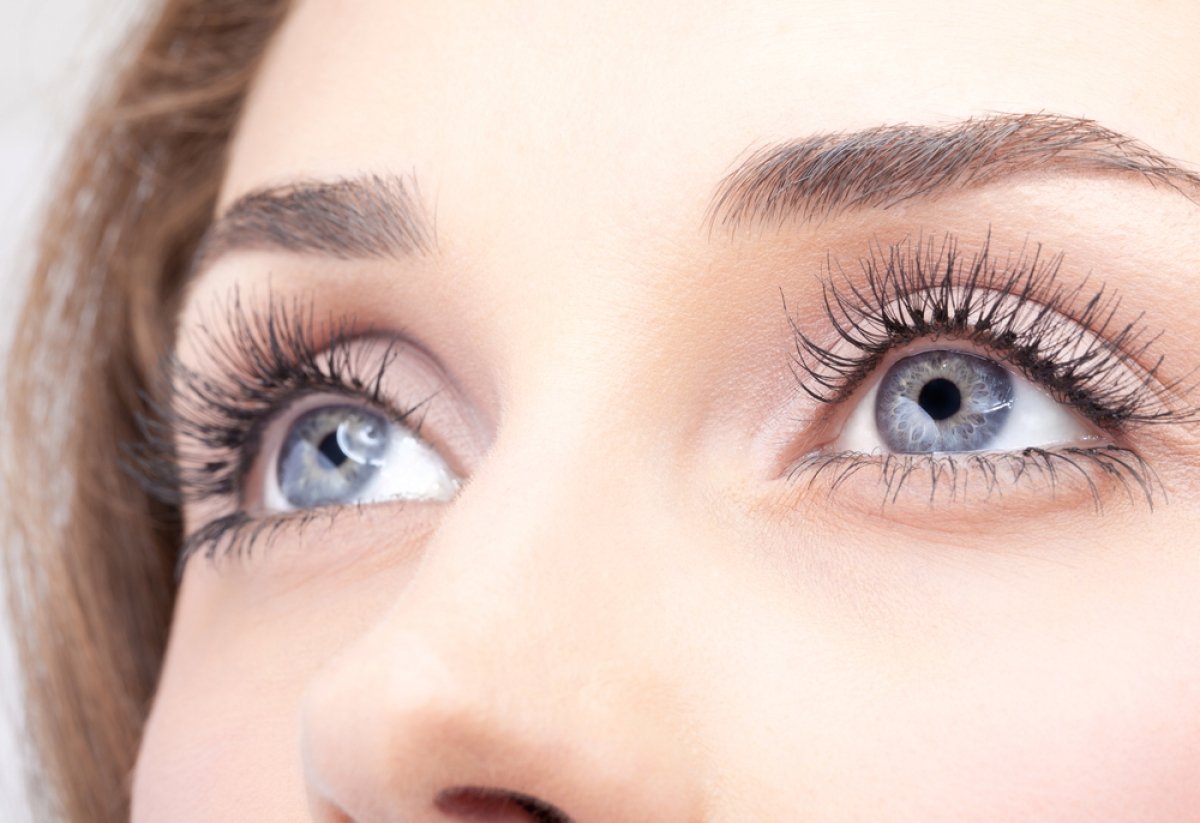Who’s At Risk for Dry Eye Syndrome?
Most people who have chronic dry eye symptoms experience mild irritation with no long-term effects. However, if dry eye syndrome is left untreated or becomes severe, dry eyes can produce complications leading to eye damage, impaired vision, and/or loss of vision.

You may be prone to have chronic dry eye syndrome if you:
- Are older than 50. Tear production tends to diminish as you get older. Dry eyes are common in people older than 50.
- Are a postmenopausal woman. A lack of tears is more common among women, especially after menopause. This may be due, in part, to hormonal changes.
- Have a medical condition that reduces your tear production. Dry eyes are also associated with some medical conditions such as diabetes, rheumatoid arthritis, lupus, scleroderma, Sjogren’s syndrome, thyroid disorders (Graves Disease), and vitamin A deficiency.
- Have had LASIK eye surgery. Refractive eye surgeries such as laser-assisted in-situ keratomileusis (LASIK) also may cause decreased tear production and dry eyes. Symptoms of dry eyes related to these procedures are usually temporary.
- Have tear gland damage. Damage to the tear glands from inflammation or radiation can hamper tear production (as in blepharitis or meibomian gland dysfunction).
- Eat a diet that is too low in vitamin A. Vitamin A – which is found in liver, carrots and broccoli, among other foods – is essential for good eye health.
- Eat a diet that is too low in omega-3 fatty acids. Omega-3 fatty acids – which are found in fish, walnuts and vegetable oils, among other foods – is important for proper tear composition.
- Take medications. Medications that can cause dry eyes include:
- Certain types of drugs used to treat high blood pressure, such as central-acting agents and diuretics
- Antihistamines and decongestants
- Birth control pills
- Certain antidepressants
- Pain relievers
- Drugs for the treatment of acne
- Live in windy, high altitude, or dry conditions.
- Do concentrated work that creates eye strain and stress, like computer work.
Testimonial
"I am 6 months post LASIK. I was diagnosed with dry eyes and MGD. My eyes are red, inflamed with mucus. I can not begin to tell you how much Theralife has made a difference for my eyes! I'm still currently using 3-4 capsules twice daily, along with fish oil, warm compresses and daily eye hygiene with lid scrubs. My eyes have been feeling great! Thank you so much for caring. " Sincerely, Elise, , United States *Results may vary

